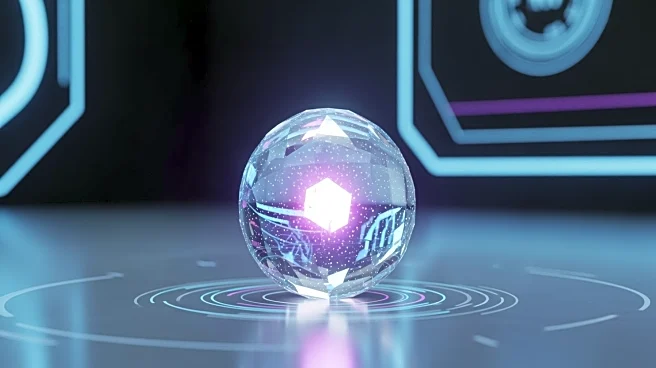What's Happening?
Naoki Hamaguchi, director of Final Fantasy 7 Rebirth, has expressed support for Nintendo Switch 2's game-key cards, which serve as physical tokens for digital game downloads. This concept has sparked debate among fans, collectors, and game preservationists
regarding long-term game ownership and the blurring lines between physical and digital media. Hamaguchi's comments come as the first entry of the Final Fantasy 7 Remake trilogy is set to release on the Nintendo Switch 2.
Why It's Important?
The introduction of game-key cards by Nintendo represents a shift in how games are accessed and owned, potentially impacting the gaming industry's approach to physical media. Hamaguchi's support highlights a pragmatic perspective from within the industry, suggesting potential benefits such as reduced production costs and streamlined distribution. However, this shift raises concerns about game preservation and ownership rights, which could influence consumer trust and purchasing decisions.
What's Next?
As the Nintendo Switch 2 prepares for its release, further discussions and potential adjustments to the game-key card system may occur. Industry stakeholders, including developers and consumer advocacy groups, might engage in dialogue to address concerns about digital ownership and preservation. The reception of Final Fantasy 7 Remake on the Switch 2 could influence future decisions regarding game distribution formats.
Beyond the Headlines
The move towards digital tokens for game access reflects broader trends in digital media consumption, where convenience often outweighs traditional ownership models. This shift may lead to legal and ethical discussions about consumer rights and the preservation of digital content. The gaming industry may need to balance innovation with consumer expectations for tangible ownership.















